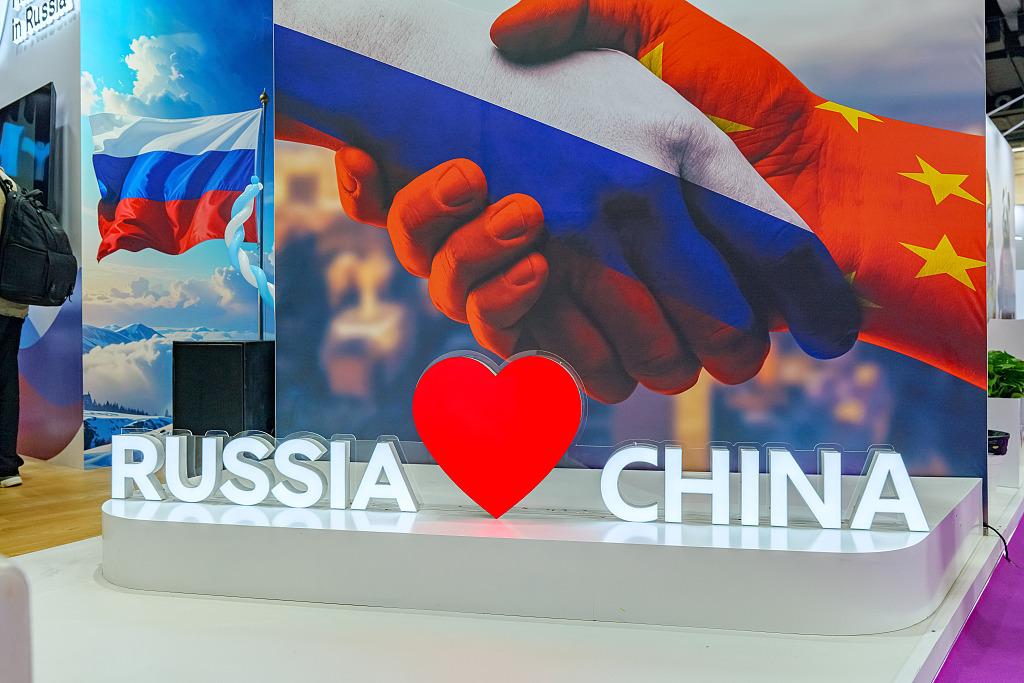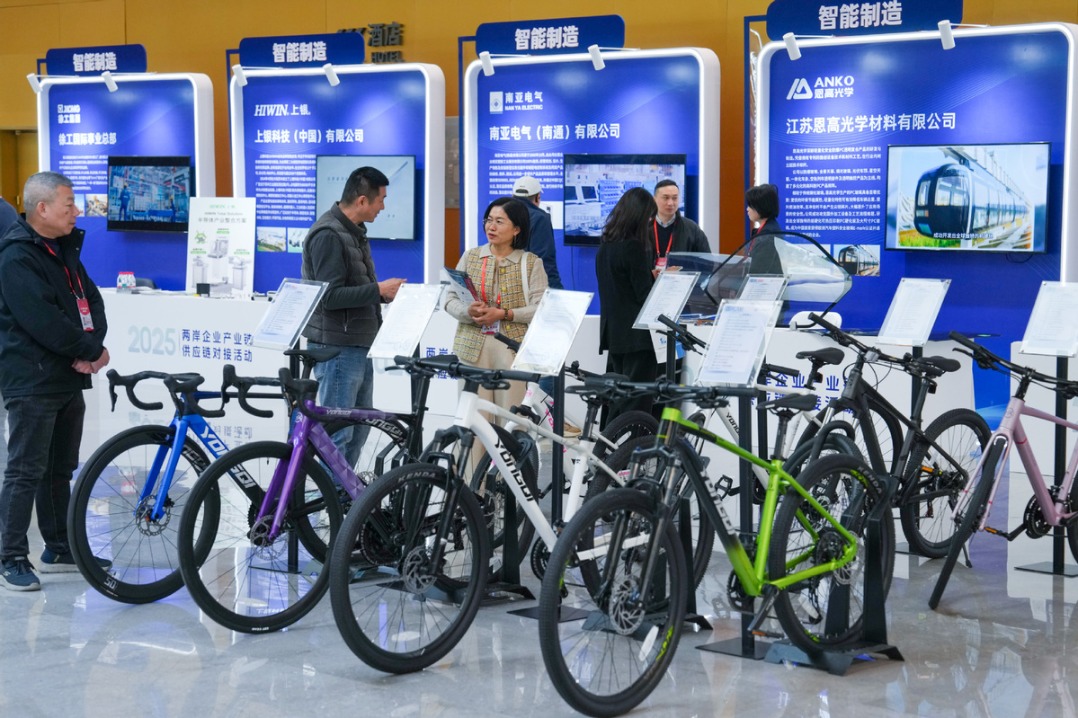US students to revisit Ping-Pong Diplomacy
By Mo Jingxi | China Daily | Updated: 2024-01-02 07:09
Stephen Mull from the University of Virginia in the United States and his colleagues are bringing some students to China this week in the hope of promoting better understanding between young people of the two countries through the tiny ping-pong ball, just like 53 years ago.
"I am very much looking forward to bringing the first group of UVA undergraduate students to China for the first time since 2020," said Mull, who is one of the instructors of the university's program called "Game Change: Bridging the US-China Divide Through Sport".
Coinciding with the 45th anniversary of the establishment of diplomatic relations between China and the US, the program will see the students visiting Hong Kong, Beijing and Shanghai on a nine-day trip to China.
Mull said that through the trip, the students will learn about the history of Ping-Pong Diplomacy, cultural differences and current foreign policy issues between China and the US, and the economic relations between the two nations.
"Most importantly, we will participate in US-China exhibition table tennis matches with students from Tsinghua University in Beijing, Fudan University and the Shanghai University of Sport," he said.
The China-US Ping-Pong Diplomacy began in 1971 during the 31st World Table Tennis Championship in Japan, when US table tennis player Glenn Cowan missed his bus after practice, and in his haste got onto the Chinese team's bus.
During the ride, Chinese table tennis player Zhuang Zedong approached the US player, shaking his hand and offering him a depiction of Huangshan Mountain on a piece of silk cloth.
The encounter between the Chinese and US table tennis players led to an invitation from the Chinese government for the US team to visit China in April that year.
Mull, who is also vice-provost for global affairs at UVA, said that when he and his colleague were discussing how they could revive exchange programs after the slump triggered by COVID-19, they "recalled the surprise visit of the US table tennis team to China, which electrified the world and set the stage for the full establishment of relations between the long-estranged countries a few years later".
The Chinese side warmly responded to their proposal with an invitation, and a number of donors in the US generously offered to bear all the expenses of the students on the trip.
At a time of increased difficulty and suspicion between the world's two largest economies, the program will explore the roots of current tensions and misunderstandings in the bilateral relationship as well as the value of people-to-people exchanges through sports in creating conditions for improved mutual understanding and security.
"The most important feature of our program will be in creating opportunities for our students to meet Chinese students and learn about each other," Mull said, adding that mutual understanding is the most important foundation for any international relationship, especially one as important as the China-US relationship.
Before joining the university, Mull was a career diplomat who served in a broad range of positions including as the acting undersecretary for political affairs at the US Department of State.
Mull said it's no secret that there are a number of areas of tension in the US-China diplomatic relationship, but it is also true that the world's two largest economies are inextricably intertwined and share common interests in quite a few areas.
For example, the two countries can cooperate in mitigating the impact of climate change and managing the risks associated with new technologies such as artificial intelligence, he said.
While sports diplomacy will not solve the existing tensions on its own, Mull said he believes that getting to know each other through the friendly competition that sports embody "will help us get to know each other better, which in turn will make it easier for both sides to manage our differences constructively".
"I hope that our successful program will inspire many more students both in the US and China to think again about how to engage with each other," he added.
mojingxi@chinadaily.com.cn
























